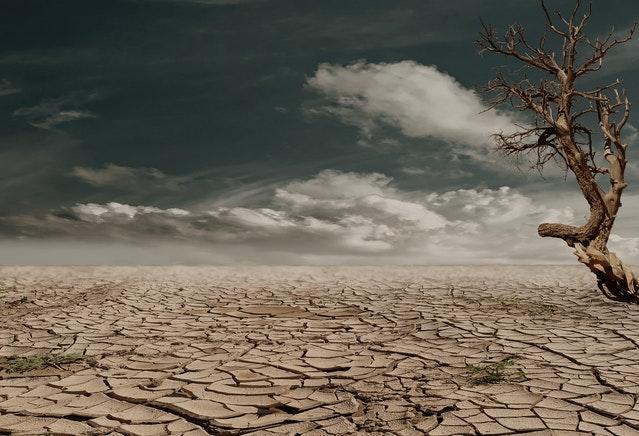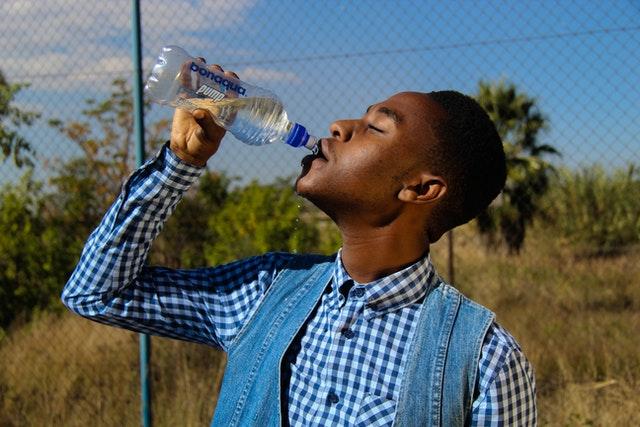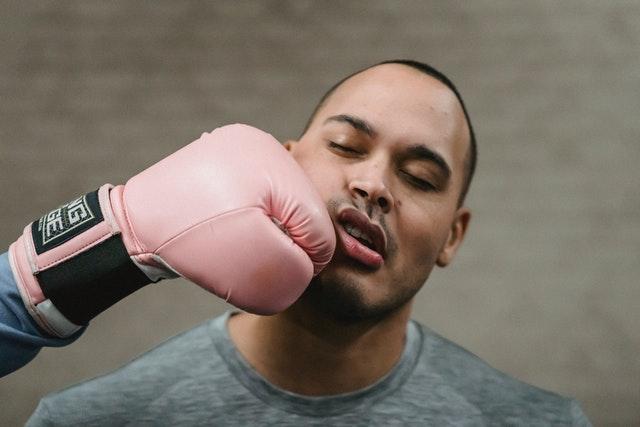


Xerostomia, or dry mouth, is a condition where the saliva glands do not produce enough saliva to keep the mouth hydrated. A dry mouth can be uncomfortable and cause the tissues in the mouth to be painful.
This article will outline the 10 most common reasons for why your mouth is dry at night or in the morning, plus what you can do to help fix the issue.
Figuring out why your mouth is dry can help promote a good saliva flow and keep the mouth healthy. There are a number of different factors that can contribute to drymouth. Once you know the reason why your mouth is dry at night, you’ll be able to find the proper treatment.
Here are 10 of the most common reasons for why your mouth is dry at night:
A common cause for why your mouth is dry is medications, prescribed and over-the-counter. There are over 1,100 medications that have dry mouth listed as a side effect.
Some medications that can cause dry mouth are:
Talk to your medical professional if you find that your mouth is dry at night or in the morning as a side effect of one of your medications.

Dehydration is a very common reason why your mouth might be dry. It’s recommended that women should drink around 2.7 liters a day whereas men should drink 3.7 liters a day.
Proper hydration could be a very easy fix to your dry mouth. Think about how much water you drink in a day and be honest with yourself about whether or not you consume the proper amount.
Breathing through the mouth decreases saliva flow. The saliva has minerals to help neutralize bacteria, clean off the teeth, and rehydrate the tissues. Without it, your risk of gum disease and cavities increases. Mouth breathing also influences:
For more information on mouth breathing, check out our article Comparing A Mouth Breather vs Nose Breather.

It’s very common for the elderly to have a dry mouth. This can be caused by several factors like the use of certain medications, changes in the body’s ability to process medication, inadequate nutrition, and having long-term health problems.
This is also a contributing factor in why so many elderly people are missing teeth.
Several systemic diseases can cause dry mouth. It can also be a warning sign that your systemic disease is not stable. These diseases may include:
Our Diabetes and Oral Health article has additional information.
The body can respond to periods of high stress and anxiety through dry mouth. Stress hormones stimulate the nervous system to be in a flight or fight state and influence the saliva flow, heart rate, and breathing patterns.
Practice stress management techniques like:
Certain lifestyle habits can cause a decrease in saliva flow. This reason for dry mouth category includes alcohol use, smoking of any kind, and recreational drug use.
Mouth breathing during the day and/or night can also cause decreased saliva flow. Speak with your dental and medical professional for help with changes in these lifestyles.

Nerves that are associated with the salivary flow can be another reason why your mouth is dry. An injury to the face or a surgery can cause nerve damage to your head and neck area which can result in dry mouth.
Chemotherapy and radiation therapy can damage the salivary glands affecting saliva flow. This dry mouth reason can take up to 6 months or longer to start producing saliva again.
Long-term dry mouth can occur, especially if the cancer therapy was directed toward the salivary glands.
Saliva glands produce saliva that helps hydrate the mouth and keep a healthy environment. When affected, the saliva glands can’t produce enough spit to clean out the mouth. Saliva glands can be affected by:
The best thing you can possibly do is give your dentist a call and see if you should go in for an appointment. They will best be able to diagnose the reason why you mouth is dry at night.
Once you’ve figured out why your mouth is dry at night or in the morning, you can work with your dentist to find the best course of treatment.
It might be as easy as drinking more water to stay better hydrated, or it could be a more serious issue like a compromised saliva gland which would mean that you will have to figure out why your saliva gland is not functioning properly.
To learn more about finding dry mouth relief, check out our article Your Reason For Dry Mouth.
Visit our Take Home Smile store for educational brochures and other fun printables to help with oral hygiene. All products can be customized to fit your dental needs.